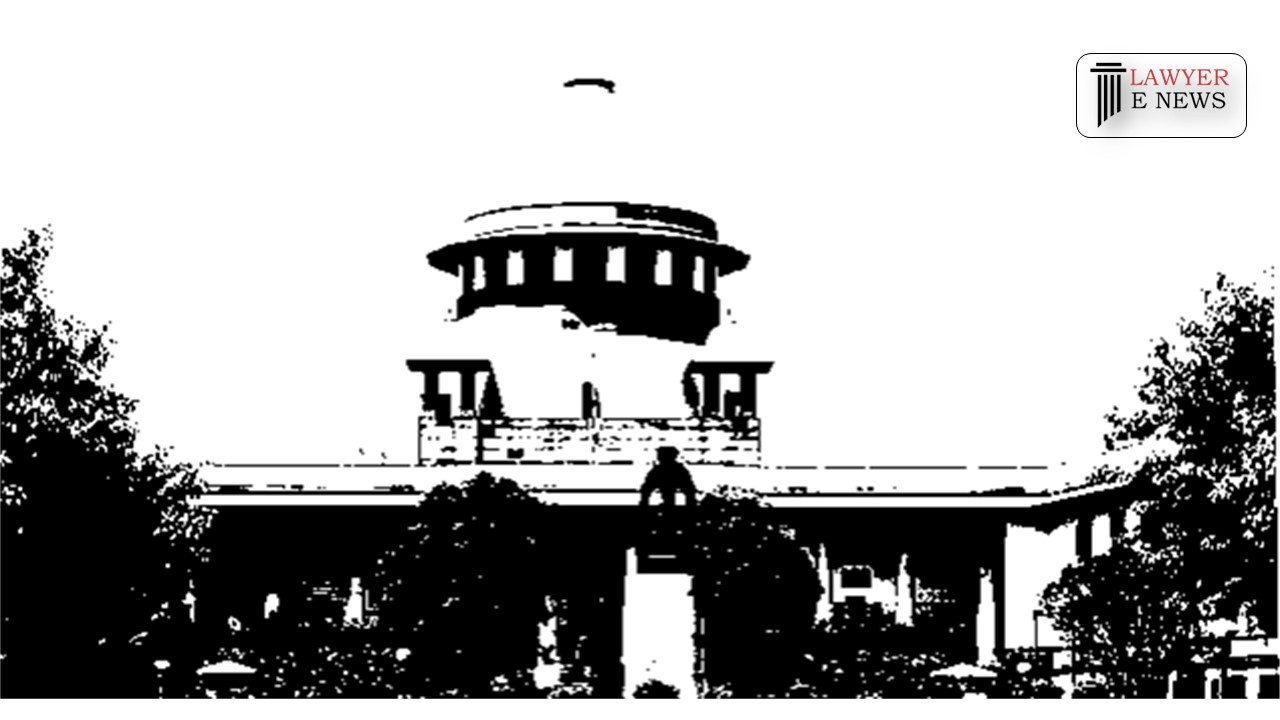-
by Admin
15 February 2026 5:35 AM



New Delhi, 19th May 2023: In a significant judgment, the Supreme Court of India has quashed a criminal case involving allegations of verbal abuse and physical assault. The case, which arose out of an altercation over a drainage issue, questioned the validity of the charge-sheet and the ongoing criminal proceedings against the appellant.
The appellant, Ramesh Chandra Vaishya, had challenged the dismissal of his application seeking the quashing of the charge-sheet and criminal proceedings by the High Court of Judicature at Allahabad. The prosecution's case was based on a First Information Report (FIR) filed by the complainant, who alleged that the appellant verbally abused and physically assaulted him.
The Supreme Court bench, comprising Justice S. Ravindra Bhat and Justice Dipankar Datta, examined the provisions of the Indian Penal Code (IPC) and the Scheduled Castes and the Scheduled Tribes (Prevention of Atrocities) Act, 1989 (SC/ST Act), which were invoked in the case. The appellant's counsel argued that the allegations made in the charge-sheet and FIR did not disclose any offence and were filed with mala fide intentions.
One of the key points of contention was whether the appellant's actions constituted an offence under section 3(1)(x) of the SC/ST Act, which deals with intentional insults or intimidation with the intent to humiliate a member of a Scheduled Caste or Scheduled Tribe. The Supreme Court held that for an offence to be established under this section, the insult or intimidation must be targeted at the victim because of their caste identity. The court found that the charge-sheet and FIR lacked specific details to establish that the insults were caste-related and intended to humiliate the complainant.
Regarding the offences under the IPC, the court examined the charges of voluntarily causing hurt (section 323) and intentional insult (section 504). It noted a lack of evidence regarding the nature of injuries and witnesses supporting the prosecution's case. The court observed that the allegations made by the complainant did not demonstrate an intentional insult that would provoke a person to break public peace or commit another offence.
The Supreme Court further highlighted that the High Court had failed to consider the appellant's challenge to the criminal proceedings and charge-sheet in the proper perspective. It emphasized that the court's jurisdiction under Section 482 of the Code of Criminal Procedure was limited and should be exercised with caution. In this case, the court found that there was an abuse of the process of law, leading to a grave failure of justice.
Consequently, the Supreme Court set aside the High Court's judgment and quashed the criminal case against the appellant. The court deemed it unjustified to continue the proceedings, given the absence of evidence, intentional insult, and targeted caste-related abuses.
DATE: 19th May, 2023
Ramesh Chandra Vaishya vs The State of Uttar Pradesh & Anr.
